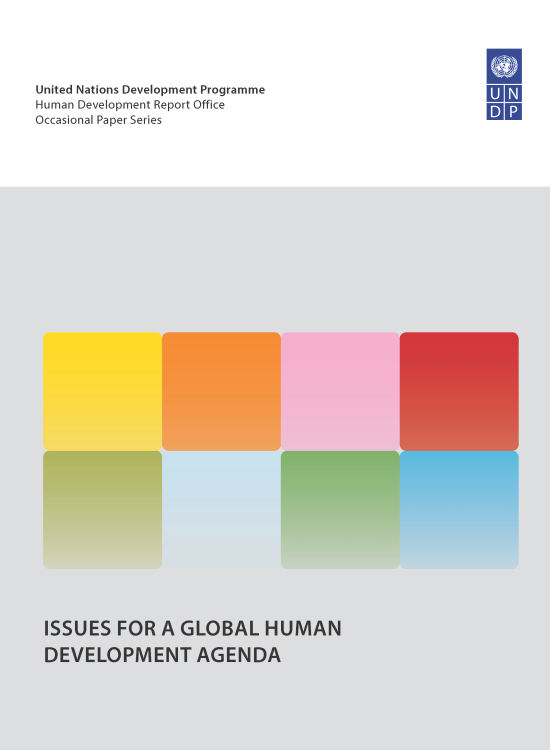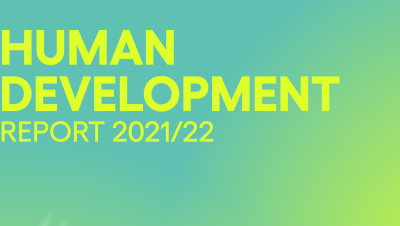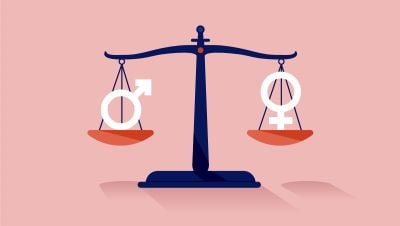Issues for a Global Human Development Agenda

UNDP (United Nations Development Programme). 2013. Issues for a Global Human Development Agenda. New York.
Issues for a Global Human Development Agenda
The United Nations General Assembly adopted the Millennium Declaration on 8 September 2000 to recognize major challenges facing the global community. Building on the different global summits in the 1990s and the principles of the UN charter of 1945, Member States affirmed their commitment to the United Nations, and their resolution to strive for peace, security, development, poverty eradication, protection of the environment, human rights, democracy, good governance and protection of the vulnerable. The Declaration explicitly recognizes unequal development, inequalities and persistent poverty as major international concerns. The Millennium Development Goals (MDGs) were derived from the Declaration and from goals set during a series of conferences in the 1990s. They provided concrete targets around which global resources and policies could be mobilized, and have been the dominating framework for international development cooperation since 2000.1 Though opinions on their impact are mixed, there is broad agreement that they were, at the very least, successful in highlighting the urgent need to end poverty globally. They raised awareness of pressing global challenges, and they rallied international support. The goals represented a step forward in international development thinking, since they went beyond an emphasis on growth alone, and provided the first internationally endorsed agreement to address poverty in its multiple dimensions. By aiming for considerable improvements in income generation, education and health, they placed people at the centre of development thinking, reflecting the concept of human development.

